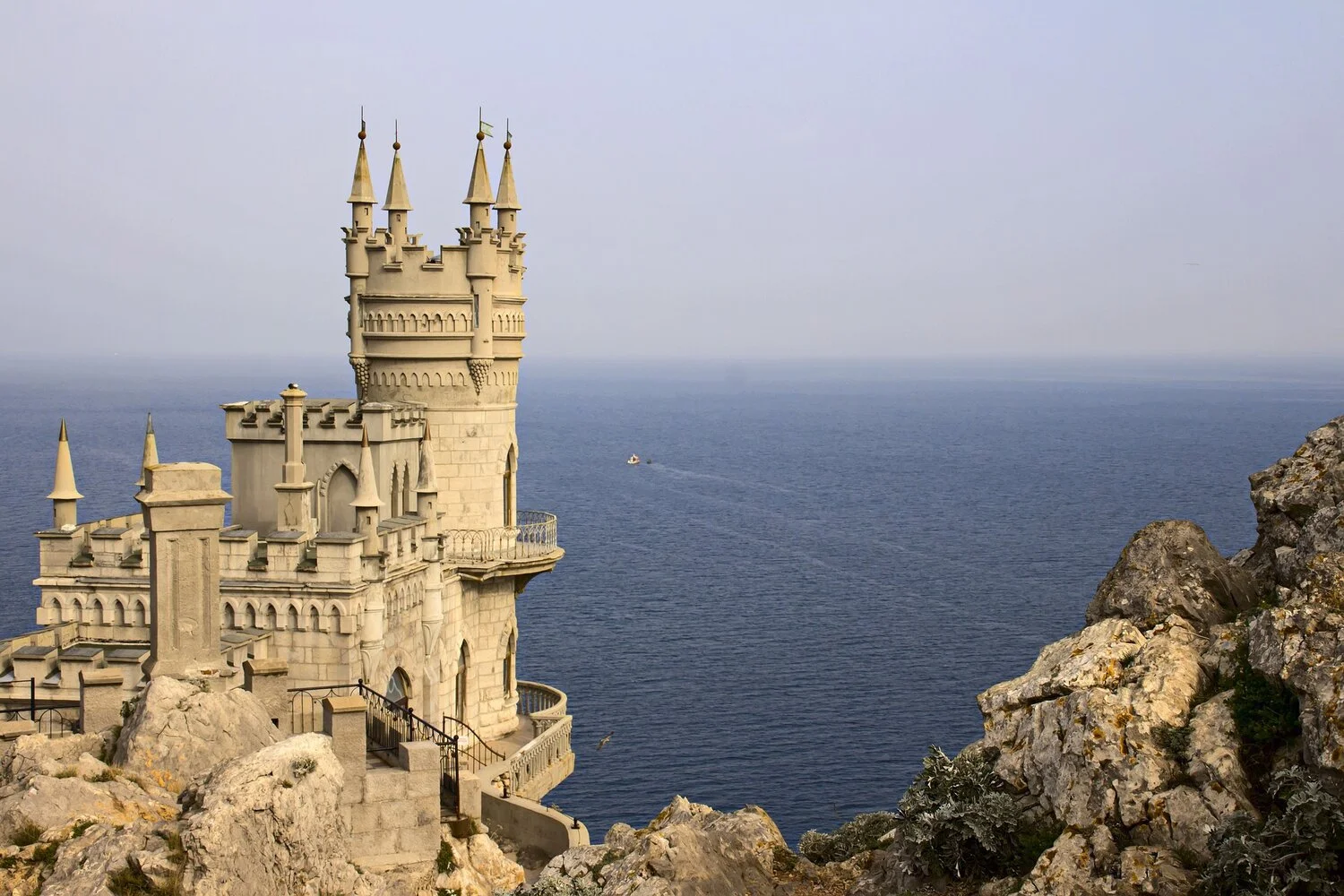Kosovo’s independence marked the last step of the Yugoslav disintegration, so one can say. In 2008, 9 years after the Kosovo war ended, Kosovo declared it independence. Since this moment on the young state has been recognized by over 100 UN member states but still lacks full recognition and membership to several international organizations. On the one hand, five EU members (Spain, Slovakia, Cyprus, Greece & Romania) and two UNSC members (China & Russia) do not recognize Kosovo, which disrupts Kosovo to become member of those organizations. On the other hand, tensions between Kosovo and Serbia occur every two, three months and contribute to the overall tensions in the region. After many channels of communication and dialog failed, a new “Franco-German” proposal is now on the table. It includes the creation of the Community of Serbian Municipalities in Kosovo, Serbia not blocking the membership of Kosovo to international organizations, recognition of each sides travel documents, symbols and diplomas, establishing permanent missions in each respective capital and more. How has Kosovo developed since its independence? How has the relationship with Serbia affected those previous 15 years? Would prime minster Kurti and President Vucic sign such an agreement and if yes, how would it affect both countries? What is the role of the EU in the Franco-German proposal? Those and many more questions will be tackled by our speakers!

































